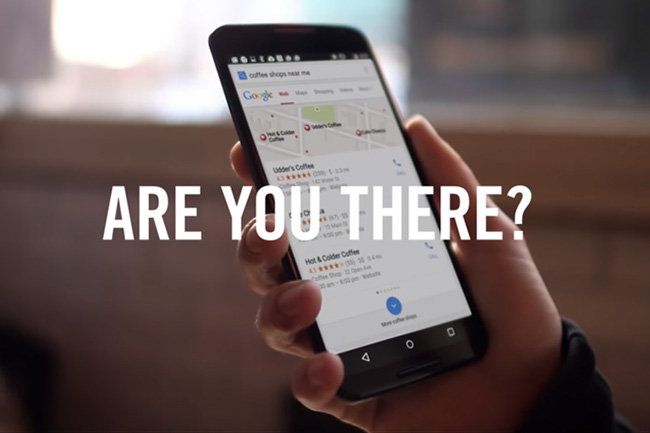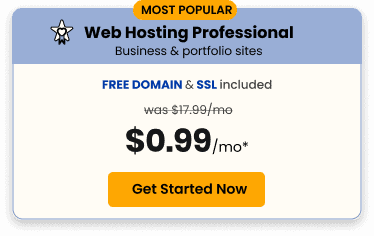 Google has been exerting significant effort to improve their search engine. Their new focus is to perfect “intent based” search – how to deliver the “right answer” when a user is looking for something specific via a search engine. This may seem subtle, but it’s a major shift in how a search engine operates, and it’s already changing the game for how people seek out products and services.
Google has been exerting significant effort to improve their search engine. Their new focus is to perfect “intent based” search – how to deliver the “right answer” when a user is looking for something specific via a search engine. This may seem subtle, but it’s a major shift in how a search engine operates, and it’s already changing the game for how people seek out products and services.
Historically, Google has focused on providing quality search results. This generally consisted of collecting keywords and key phrases, and returning pages that had the highest density of the search term used. There were many ways to “defeat” or game this system, and with the explosion of mobile devices, it didn’t take into account that many people were searching for things near them from their mobile phone. Many of the recent Google updates, (such as the oft-mentioned Panda and Penguin,) have focused on improving “near me” searches and reducing the value of keywords.
A recent blog post highlighted some of the efforts Google has undertaken to further improve intent based search. Mike Blumenthal talks about a pilot project Google is testing in California to connect home services providers with consumers. In his post, he mentions:
“The product will be integrated into Google’s core search offering and is intended to capitalize on search intent, turning queries about home improvement tasks into engagement with home-service providers.”
The last part of that sentence captured my attention. Turning queries into engagement. This is a truly powerful concept, especially for hyperlocal publishers and other content providers whose primary revenue source is advertising. It goes to some fundamental questions that these publishers need to be thinking about with respect to their offering:
- Why is the reader on this particular page of my website? Ironically, even the best content doesn’t drive engagement. In fact, your excellent content could be the reason why ads on your site don’t perform well. If the content is that good, it’s likely that the user’s intent is to read the article. That means that the ads on that page are secondary and are likely to be ignored. At a minimum, there is certainly no intent to be looking at ads on that page.
- Do I have any page(s) on my site where the user can indicate their intent? All publishers and bloggers should have a Search Bar prominently displayed on all their pages. Without it, how will you gauge what your customers are truly searching for? Those who already have a rudimentary search engine should recognize that search queries either turn up with too many results or none at all. How many of you review the search terms that people use on your site? This would be an excellent way to see what topics are of most interest by your readers. Anecdotally, very few publishers that I’ve spoken with can answer that question.

- Do I have any place on my site to engage the reader? Many publishers will complain that social media “hogs” a reader’s attention and is likely going to cause the destruction of civilization! The fact is, for better or worse, consumers feel engaged on those platforms. We have repeatedly said that a targeted site with excellent long form content as well as the ability to engage their readers has tremendous advantage. Providing intent based search is one of the more powerful features a hyperlocal publisher can add to their site to engage readers.
The most telling data point from Mike’s blog post is that Google is testing this feature hyperlocally, in San Francisco. Everyone realizes the power of hyperlocal, but very few companies truly have the attention of the hyperlocal community. As soon as hyperlocal publishers that have successfully grown their audience by creating great content realize they can go even farther by creating ways to engage that audience, they will be hard to beat!
This article was syndicated from Business 2 Community: Search Results vs. Intent Based Search
More Digital & Social articles from Business 2 Community:









